By Bryanna Fissori
Three years into a legal dispute over potential anti-trust violations by the UFC, discovery is wrapping up and the plaintiffs are now calling for Top Rank Boxing’s financials.
In 2014 an antitrust lawsuit was filed against the Ultimate Fighting Championship (UFC) by current and former fighters Cung Le, Nathan Quarry, John Fitch, Brandon Vera, Luis Javier Vasquez and Kyle Kingsbury (on behalf of themselves and all others similarly situated). The plaintiffs claim that the UFC is illegally dominating the sport of mixed martial arts and thus there is no viable market competition and ultimately fighters are left without power to negotiate.
Top Rank Boxing Numbers in Discovery
In the final stages of discovery, the plaintiffs made a last minute request to obtain financial documents from boxing promotion Top Rank. The have asked for a full year’s aggregated financial data from the promotion, which is to include boxer compensation and total revenues from boxing events. They have also motioned to depose Top Rank’s president Bob Arum.
It is no secret that the plaintiffs will seek to use Arum’s boxing numbers as a benchmark for fighter compensation. Damages could end up in the neighborhood of $1.9 billion and potentially jump to $5.7 billion since they are seeking treble damages according to Forbes.com. U.S. statute can permit a court to triple the amount of actual damages, resulting in “treble damages.”
Bob Arum’s Deposition Requested
Arum has been previously vocal about the UFC “monopoly,” which is likely a reason the plaintiffs are hoping to have him deposed. In 2011 Arum was quoted as saying, “I don’t know where Dana (White –UFC President) is coming from, I never said anything bad about him. But Dana has to realize, because of the monopoly the UFC has, they pay their fighters maybe 20-percent of the proceeds that come in on a UFC fight and we pay fighters over 80-percent. So that’s the difference, so talk about giving back to the sport, when you pay your talent 20-percent and boxing promoter’s like myself and others pay over 80-percent, who’s giving back to whom? It’s very easy (to make network deals) when his athletes get paid nothing. Our athletes get paid but yeah, we’re negotiating now with a major network to do boxing in prime time on the network.”
Golden Boy Financials as Potential Substitute
Should the Top Rank documents not be included in discovery, the plaintiffs could opt to use the numbers from Golden Boy Promotion’s financials, which were revealed publically during their antitrust lawsuit against manager Al Haymon. The lawsuit was short lived as summary judgment was awarded in favor of Haymon earlier this year.
The financials from Golden Boy did not reach the 80 percent mark attested to by Arum, but averaged 63 percent in 2014 and 2015. Using those numbers would reduce actual damages from the 80 percent mark by $540 million.
UFC FTC Investigations
The current case is not the first time the UFC has been investigated for antitrust violations. In both 2011 and 2015 the Federal Trade Commission (FTC) took a hard look at UFC business practices. The first investigation was in relation to the UFC acquisition of the MMA promotion “Strikeforce,” which at the time was considered the second largest domestic MMA promotion. The 2015 investigation was focused on the fighter contracts and likely the long-term ancillary rights agreements. Both investigations were uneventful with the FTC concluding that there was “no further action warranted.”
Standard of Proof for UFC Antitrust Violation
The current suit claims violation of the Sherman Antitrust Act, which outlaws any contract, combination or conspiracy that results in unreasonable restraint of trade. It also stands to prevent monopolization. In order to succeed on the claim, plaintiffs will have to show that the UFC’s actions prevented competitors from being able to successfully compete. This would mean that resources such as sponsors, venues and high-level competitors were made unattainable by the UFC. They will also have to prove that consumers (fans) were harmed as a result of these actions. Showing only harm to fighters is unlikely to survive summary judgment given that the standard for a Sherman Act violation expressly requires the presence of consumer harm.
A potential argument for the UFC is that they compete with non-MMA companies, which could include similar industries such as boxing and other sports. These could be pay-per-view and/or non pay-per-view depending on how the event is aired. The UFC could also argue that consumers prefer the UFC platform of having the most elite fighters organized under one promotion.
Economic analysis may play a very big part and will begin to get underway soon as the case moves into expert discovery.




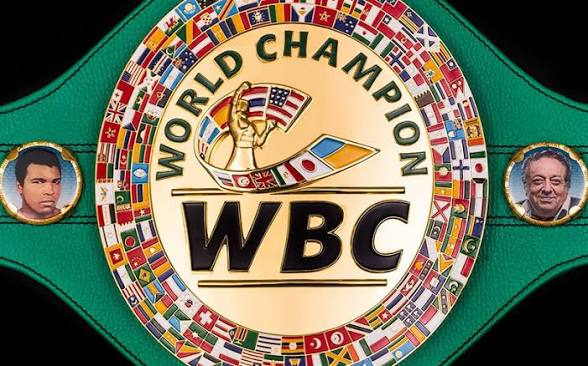


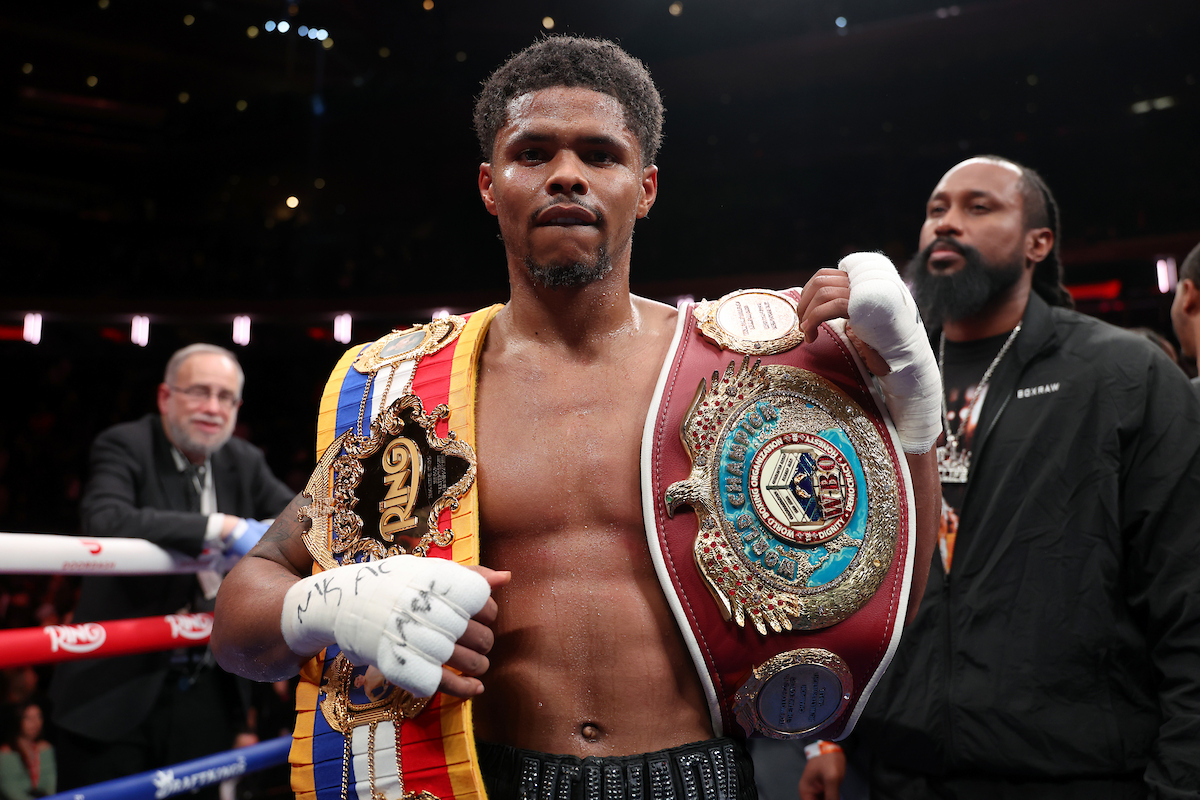

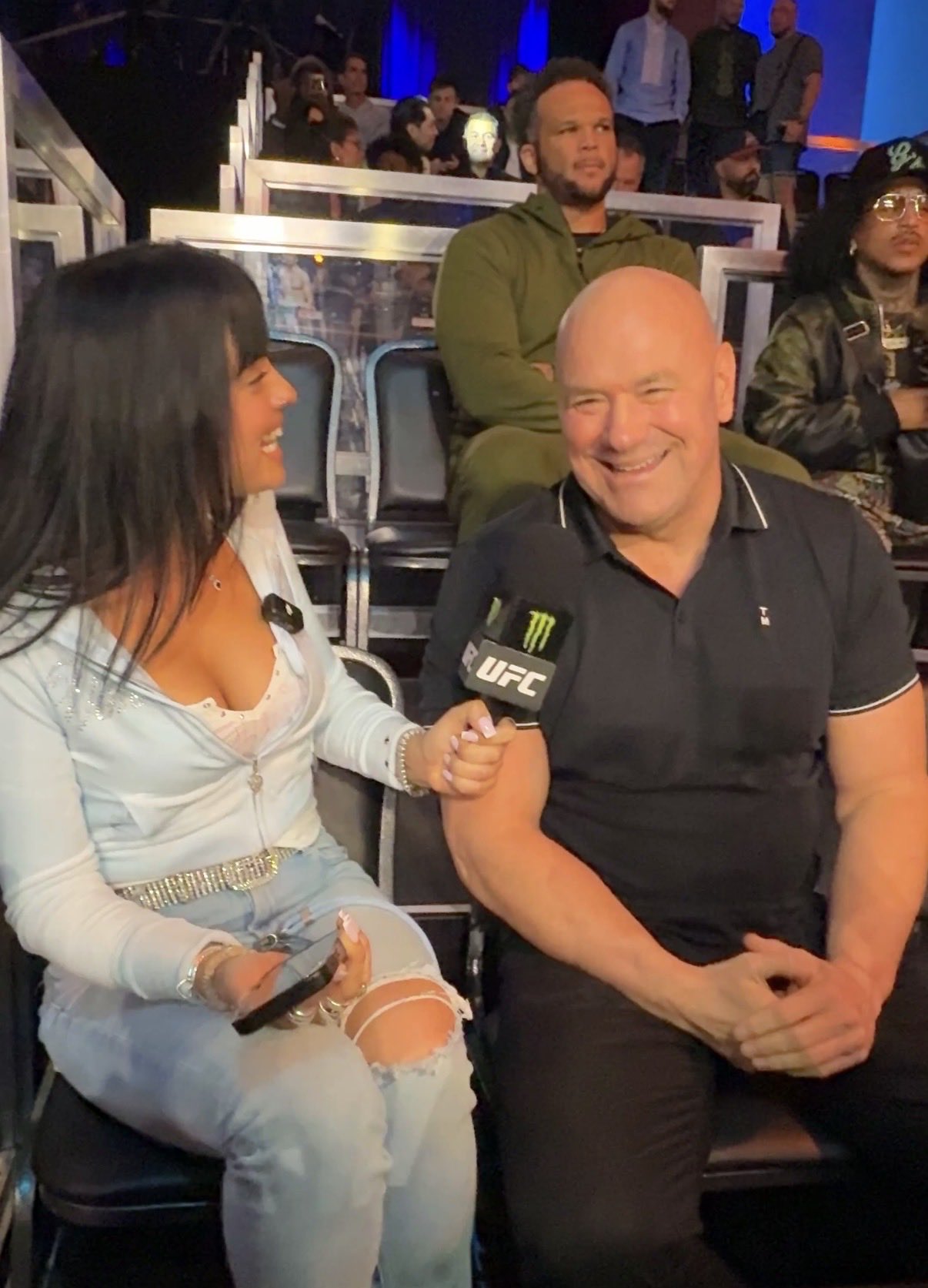
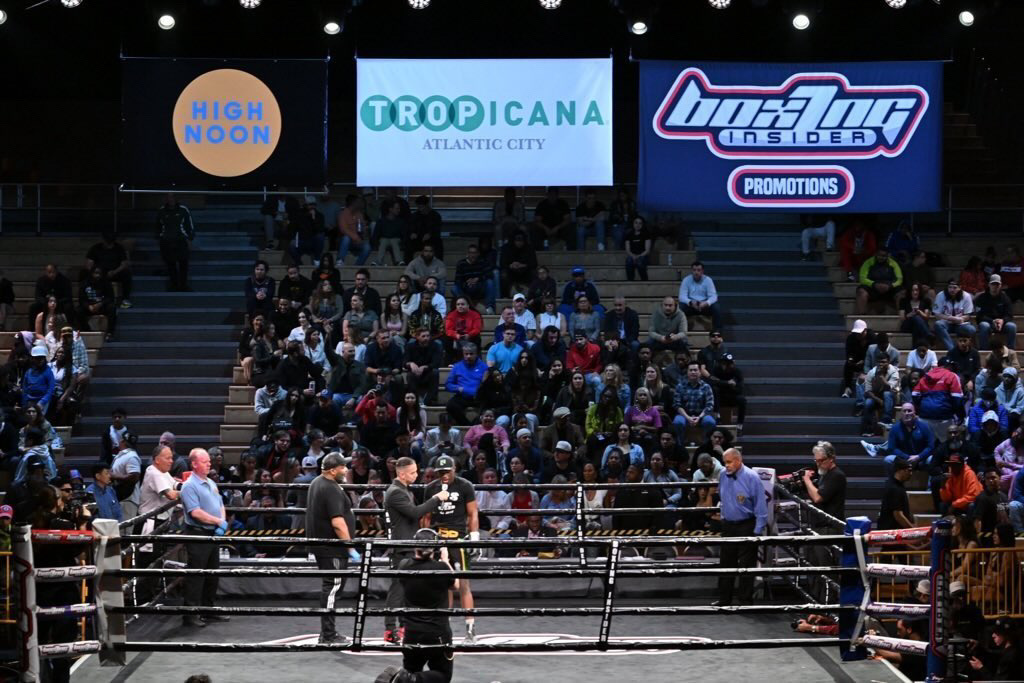
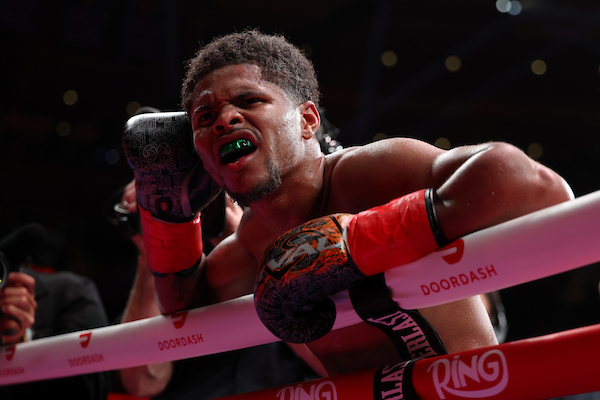
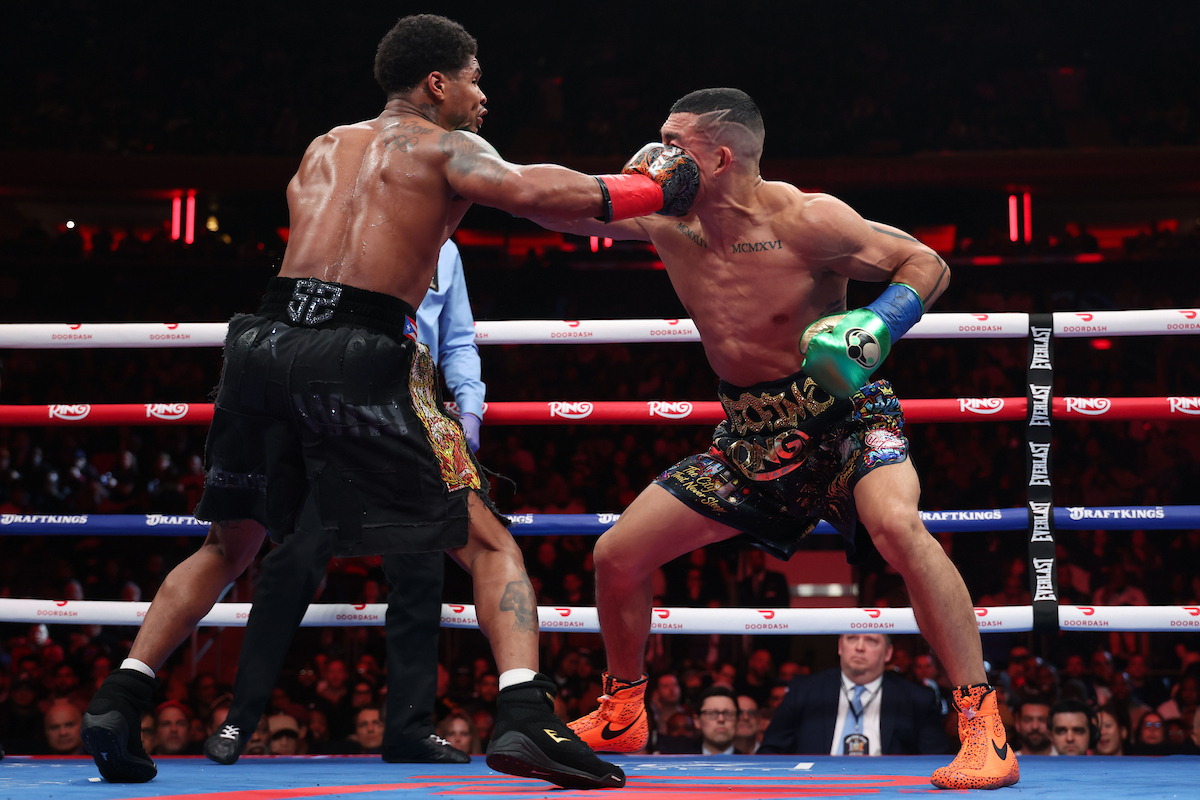

Comments are closed